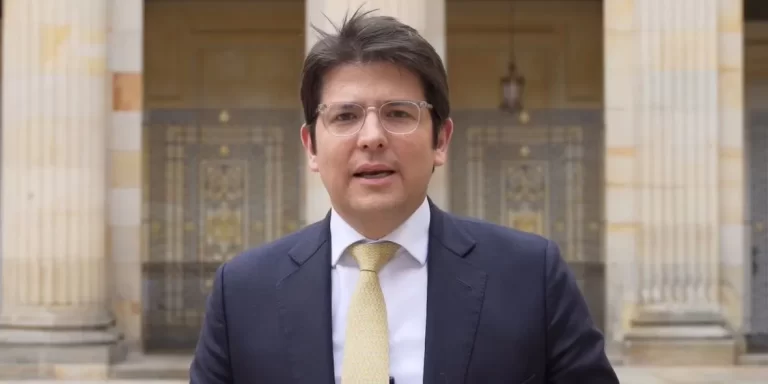[ad_1]
(Reuters) – U.S. President Donald Trump’s expected plan to let Americans buy insurance across state lines could violate federal law governing employee benefit plans and will almost certainly be challenged in court, several legal experts said.
Trump said on Tuesday he would likely sign an executive order this week allowing people to cross state lines to obtain “great, competitive healthcare” that would cost the United States “nothing.”
The Republican president offered no specifics, but several sources familiar with the order said it was expected to be in the form of guidance to the U.S. Health and Human Services, Labor and Treasury Departments, which would be asked to look at ways that individuals and small businesses can band together to form “associations” that would buy large group health plans from states with the fewest regulations.
If the plan were to come to fruition, some healthcare analysts said it would undermine former President Barack Obama’s signature Affordable Care Act, popularly known as Obamacare, by making it easier for Americans to buy stripped-down health insurance policies on the cheap. Supporters say more people could gain health insurance at a lower cost.
Despite controlling the White House and Congress, Republicans have failed in efforts this year to fulfill their campaign promise to repeal and replace Obamacare, which they say is intrusive and ineffective. Democrats defend the law, saying it has extended health insurance to some 20 million Americans.
Several experts in healthcare and employment law said Trump’s plan could violate the U.S. Employee Retirement Income Security Act (ERISA), a federal law that governs large group plans that must be provided or maintained by employers or employee organizations.
Expanding association plans to market insurance to individuals who are not employees would “not be remotely legal,” said Nicholas Bagley, a professor of healthcare law at the University of Michigan.
ERISA does allow associations to act as employers and manage benefit plans.
But federal regulators have generally interpreted the law to mean that employers in the association must have a common interest beyond buying insurance, said Allison Hoffman, a professor at the University of Pennsylvania School of Law.
“The E in ERISA is employee,” Joseph Antos, a healthcare expert at the American Enterprise Institute, a think tank that has been critical of Obamacare.
“They are going to have to stretch the definition of whether you’re an employee or not,” he said of Trump’s expected plan.
The White House declined to comment.
ENCROACHING ON STATE POWERS?
It is not clear when challenges to a Trump order would be filed. The timing could depend on if and when the Cabinet departments begin taking steps to put the plan in place.
State attorneys general would likely be among the first to legally challenge Trump’s order or regulations that stem from it, said Dania Palanker, an assistant research professor at Georgetown University’s Center on Health Insurance Reforms.
Massachusetts Attorney General Maura Healey said in a statement on Wednesday that her office “will oppose any attempt to undermine” the state’s commitment to ensuring that every resident has access to quality healthcare.
Healey is one of several Democrats who previously sued to block Trump policies, including his proposal to block travel to the United States from six Muslim-majority countries.
In addition to challenging Trump’s healthcare proposal on ERISA grounds, the states could also oppose it on federalist grounds, said Hoffman. She noted that states had primary power to regulate insurance, except where a federal law explicitly says otherwise, as Obamacare does.
Reporting by Brendan Pierson in New York and Nate Raymond in Boston; Additional reporting by Mike Erman and Yasmeen Abutaleb; Writing by Anthony Lin; Editing by Noeleen Walder and Peter Cooney
[ad_2]
Source link






Leave a Reply